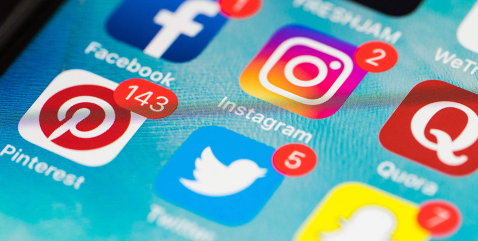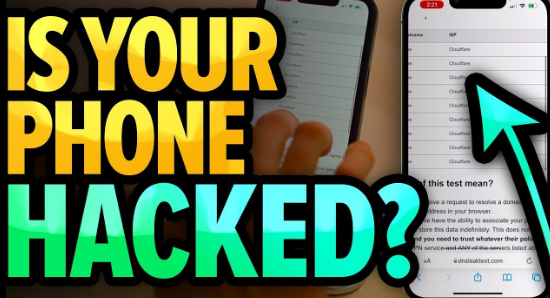A Third of US Social Media Users Creating Fake Accounts

According to the Pew Research Center, a third of social media users in the United States have created fake accounts. This is up from 16 percent in 2011. The most common reason given for creating a fake account is to protect their privacy.
Other reasons include wanting to appear more popular or attractive and avoiding spam or unwanted contact.
A new study has found that nearly a third of social media users in the US have created fake accounts. The research, which was conducted by the Pew Research Center, found that 32% of social media users have created an account that uses a false name. This is up from 26% who said they had done this in Pew’s previous survey, which was conducted in 2014.
The reasons for creating fake accounts vary, but the most common reason given is to avoid spam or unwanted messages (55%). Other reasons include wanting to protect their privacy (48%), wanting to appear anonymous (33%), and wanting to experiment with different identities (17%). Interestingly, the study found that men are more likely than women to create fake accounts for all of the above reasons except one – avoiding spam or unwanted messages.
Why Do People Create Fake Social Media Accounts?
There are many reasons why people create fake social media accounts. Some people do it to scam others out of money, while others do it to spread false information. Still, others do it simply for the attention and validation that comes with having a large online presence.
Whatever the reason, creating a fake social media account is relatively easy to do and can have serious consequences for both the person who creates the account and the people who interact with it.
What are the Motivations behind Creating a Fake Social Media Account?
There are many motivations for creating a fake social media account. Some people do it to create an alter ego, or to be someone they’re not in real life. Others do it to hide their identity online, or to avoid being judged by their peers.
Still, others do it for malicious reasons, such as cyberbullying or trolling. Whatever the reason, creating a fake social media account is easy to do and can have serious consequences.
How Common is It for People to Create Fake Social Media Accounts?
It is actually quite common for people to create fake social media accounts. There are a number of reasons why people might do this, such as wanting to remain anonymous online or wanting to create a persona that is different from their real-life identity. Sometimes people also create fake accounts in order to harass other users or spread misinformation.
Whatever the reason, it is important to be aware that fake accounts are out there and to be careful about who you interact with online.
What are Some of the Consequences of Creating a Fake Social Media Account?
There are a few consequences that can come from creating a fake social media account. For starters, if you use someone else’s photos or information, you could be impersonating them which is against the law in some states. Additionally, if you create a profile that isn’t entirely accurate, people may feel misled when they eventually meet you in person.
Creating a false persona online can also lead to developing an unhealthy addiction to social media and spending too much time living in a fantasy world. Finally, if you’re caught creating a fake account, most social media platforms will ban your IP address from using their site again.
Conclusion
One-third of social media users in the United States has admitted to creating a fake account, according to a new study. The Pew Research Center found that 36 percent of Americans have created an alternate profile on Facebook, Twitter, or another online platform. The most common reason given for doing so was to protect their privacy (59 percent), followed by avoiding spam messages (30 percent) and being able to express themselves more freely (21 percent).
Interestingly, men were more likely than women to create fake accounts, and younger users were also more likely than older ones.






